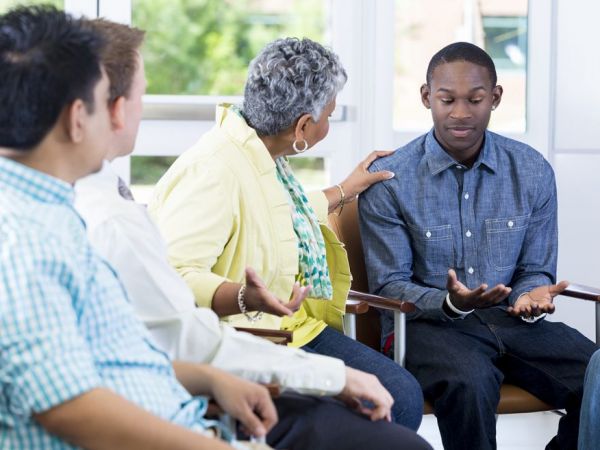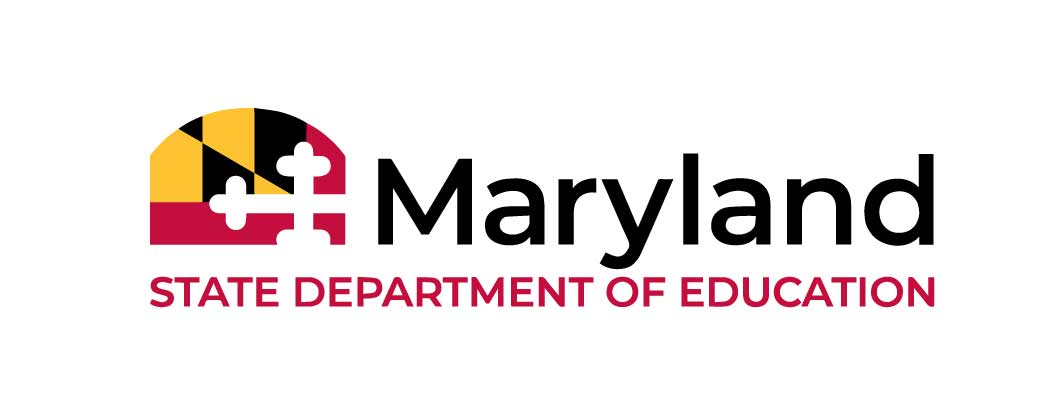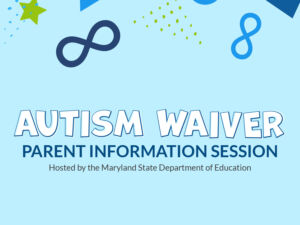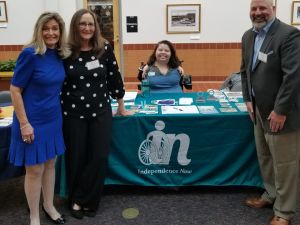Critical Partners

Effective transition planning is most successful when it is a team effort. A school transition team generally includes the student and his family; the student’s teachers and other school staff; related service providers; and other professionals who may provide services in the future. Engaging the student and his family early and often in the team process is an evidence-based practice for transition professionals.
Roles and Involvement of Partners
Just as important as the identification of the postsecondary goals are the various stakeholders that could assist in the transition process and achieving those goals. Stakeholders come to the transition planning table with a variety of roles and responsibilities. These may vary across Local School Systems.
Student
- Participate in transition planning
- Identify strengths and challenges
- Express interests and preferences
- Identifying postsecondary goals
- Participate in employment training activities
Families
- Participate in IEP and transition planning meetings
- Share youth’s strengths, interests, and support needs
- Help youth access other transition partners
- Advocate for youth’s goals
- Share contacts and networks for potential job opportunities
- Provide feedback to transition partners
School Systems
- Invite partners to IEP meetings where transition is discussed
- Assist families in making linkages to post-secondary services such as DORS, DDA, and BHA
- Provide instruction and work experiences in authentic work environments
- Work collaboratively with DORS to ensure students are in an integrated jobs at the point of transition through involvement of a CRP
- Document and report student progress and status after exit (Indicator 14)
Division of Rehabilitation Services (DORS)
- Participate in transition planning meetings/attend IEP meetings when possible
- Begin working with eligible individuals prior to their last year of high school to develop an Individualized Plan for Employment (IPE)
- Identify services necessary for successful transition to post-secondary education and/or employment
- Contract with Community Rehabilitation Providers (CRPs) to support students with job development and support services
Developmental Disabilities Administration (DDA)
- Participate in transition planning
- Collaborate with other transition partners to ensure that youth have appropriate documentation to qualify and access services
- Opening cases on eligible individuals upon school exit
- Contract with CRP to provide on-going job support
Community Rehabilitation Providers (CRPs)
- Participate in transition planning
- Enter into contractual agreements with school systems and VR to facilitate work-based experiences and provide job development and job coaching before and after school exit
- Serve as a vendor for DORS and DDA agencies to provide job development and job coaching after school exit
Colleges/Postsecondary Education training programs
- Engage with youth to identify accommodation and support needs in collaboration with Disability Support Services
- Provide access and support for campus activities, courses, and employment and courses
College – Project Access, Maryland Higher Education Commission (MHEC), Maryland Association on Higher Education and Disability,Mont. College/GTP Program, PG Community College, Howard Co. Community College
Career – Project Search, Transcen, DDA Adult Providers, Workforce Development, Department of Labor, Licensing, and Regulation (DLLR), America’s Job Centers (AJCs), Maryland Business Roundtable for Education (MBRT)
Community – Transportation: Metro Access, Call N Ride, Howard County System, Same Day Access
Community – Recreation: Maryland Special Olympics, ARC Services/Respite, Camps for older individuals, Therapeutic Rec Programs: Montgomery County Dept. of Rec, Potomac Community Resources, Upcounty Community Resources, church and social groups, volunteering
Healthcare Transition – Maryland Office for Genetics and People with Special health Care Needs (Introduction to Health Care Transition), National Health Care Transition Center (Got Transition?), Maryland Health Exchange (Maryland health Connection), Maryland Department of Health and Mental Hygiene (Core Service Agencies)
List of the State Agency Partners on MD Transition
Department of Disabilities: The mission of the Maryland Department of Disabilities (MDOD) is to advance the rights and interests of people with disabilities so they may fully participate in their communities.
Department of Human Resources: The mission of the Department of Human Resources (DHR) is to assist and empower people in economic need, provide prevention services, and protect vulnerable children and adults.
Department of Juvenile Services: The mission of the Department of Juvenile Services is to ensure the safety of the community and the well-being and safety of the youths under DJS care, hold juvenile offenders accountable to victims and communities, and assist youth in developing competency and character to aid them in becoming successful members of society.
Department of Labor, Licensing and Regulation: The mission of the Department of Labor, Licensing and Regulation (DLLR) is to protect and empower Marylanders by safeguarding workers, protecting consumers, providing a safety net, and cultivating a thriving workforce that can meet the demands of Maryland’s dynamic economy.
Department of Health and Mental Hygiene, Developmental Disabilities Administration: The Developmental Disabilities Administration (DDA) is an administrative organization within the Maryland Department of Health and Mental Hygiene (DHMH). DDA’s mission is to provide leadership to assure the full participation of individuals with developmental disabilities and their families in all aspects of community life. In addition, DDA’s goal is to promote their empowerment to access quality supports and services necessary to foster personal growth, independence, and productivity.
Department of Health and Mental Hygiene, Behavioral Health Administration: The Mental Hygiene Administration (MHA) is an administrative organization within the Maryland Department of Health and Mental Hygiene (DHMH). MHA’s mission is to create and manage a coordinated, comprehensive, accessible, culturally sensitive, and age-appropriate system of publicly funded services and supports for individuals who have psychiatric disorders and, in conjunction with stakeholders, provide treatment and rehabilitation in order to promote resiliency, health, and recovery. At the local level MHA has Core Service Agencies to assist children and adults.
Governor’s Office for Children: The mission of the Governor’s Office for Children (GOC) is to improve the well-being of Maryland’s children by working collaboratively to create and promote an integrated, community-based service delivery system for Maryland’s children, youth, and families.
Governor’s Workforce Investment Board: The Governor’s Workforce Investment Board (GWIB) is the governor’s chief policy-making body for workforce development comprised of 45 members, a majority of whom represent the business community. The mission of GWIB is to guide a nationally-recognized workforce development system that aligns with the economic and educational goals of the State of Maryland and will result in a qualified workforce available to employers across the State.
Maryland Commission on Disabilities: The Maryland Commission on Disabilities is an advisory group consisting of 16 appointed individuals that advise the Maryland Department of Disabilities on an array of issues.
Maryland Higher Education Commission: The mission of the Maryland Higher Education Commission (MHEC) is to ensure that the people of Maryland have access to a high quality, diverse, adequately funded, effectively managed, and capably led system of postsecondary education.
Maryland State Department of Education, Division of Career and College Readiness: The Division of Career and College Readiness (DCCR) provides leadership to promote quality career preparation and lifelong learning for Marylanders through administering and supervising career and technology education and juvenile services education.
Maryland State Department of Education, Division of Rehabilitation Services: The Division of Rehabilitation Services (DORS) provides leadership and support in promoting the employment, economic self-sufficiency, and independence of individuals with disabilities.
Maryland State Department of Education, Division of Special Education and Early Intervention Services: The Division of Special Education/Early Intervention Services (DSE/EIS) collaborates with families, local early intervention systems, and local school systems to ensure that all children and youth with disabilities have access to appropriate services and educational opportunities to which they are entitled under federal and state laws.
Maryland Department of Disabilities, Maryland Technology Assistance Program: The Maryland Technology Assistance Program (MD TAP) provides assistive technology (AT) to help Marylanders with disabilities and seniors enjoy the same rights and opportunities as other citizens. The program provides a streamlined service of product information, consultation, and resource assistance in order to make assistive technology more available, affordable, and usable.






